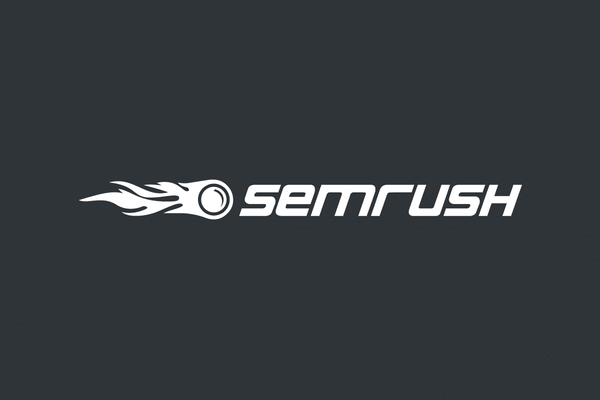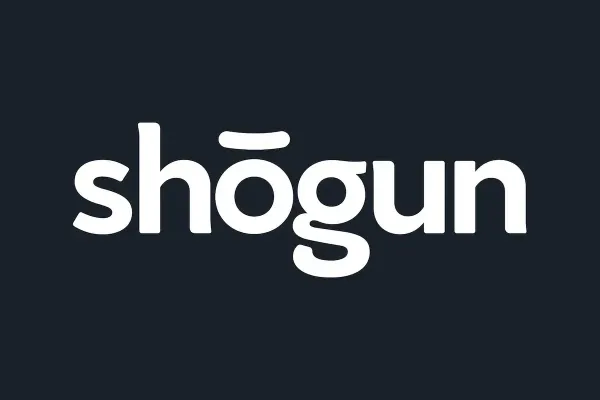Optimizing your website for Bing is similar to optimizing for Google in many ways, but there are some key differences to consider:
1. Keywords and Content
- Keyword Usage: Bing places more emphasis on exact keyword usage in titles and content, whereas Google focuses on semantic search and keyword variations.
- Content Quality: Both value high-quality, relevant content, but Bing may prioritize page age and domain history more.
2. Backlinks
- Link Quality: Google emphasizes the quality and relevance of backlinks more heavily. Bing also values quality links but may give more weight to link quantity.
3. Social Media Integration
- Social Signals: Bing incorporates social signals (likes, shares, etc.) from platforms like Facebook and Twitter into its ranking algorithms more significantly than Google.
4. Technical SEO
- Mobile Optimization: While both search engines prioritize mobile-friendly sites, Google's mobile-first indexing makes this more critical.
- Crawling and Indexing: Ensure proper use of sitemaps and robot.txt files for both, but Bing’s Webmaster Tools may offer different insights than Google Search Console.
5. User Engagement
- Click-Through Rate (CTR): Both search engines consider CTR, but Bing may weigh this metric more in its ranking factors.
- User Experience: Google’s focus on page experience metrics like Core Web Vitals is more pronounced.
6. Local SEO
- Local Listings: Optimize for Bing Places and Google My Business to ensure visibility in local searches.
Practical Steps to Optimize for Both
- Keyword Research: Use tools specific to each search engine.
- Content Creation: Focus on high-quality, relevant content.
- Backlink Strategy: Build quality backlinks while considering both quantity and relevance.
- Social Media: Enhance social media presence and engagement.
- Technical SEO: Ensure mobile-friendliness, proper indexing, and good user experience.
By understanding these differences and aligning your strategies, you can effectively optimize your website for both Bing and Google.








